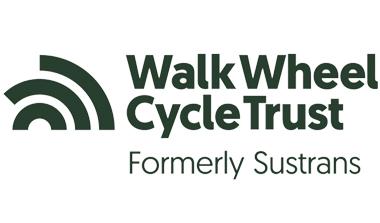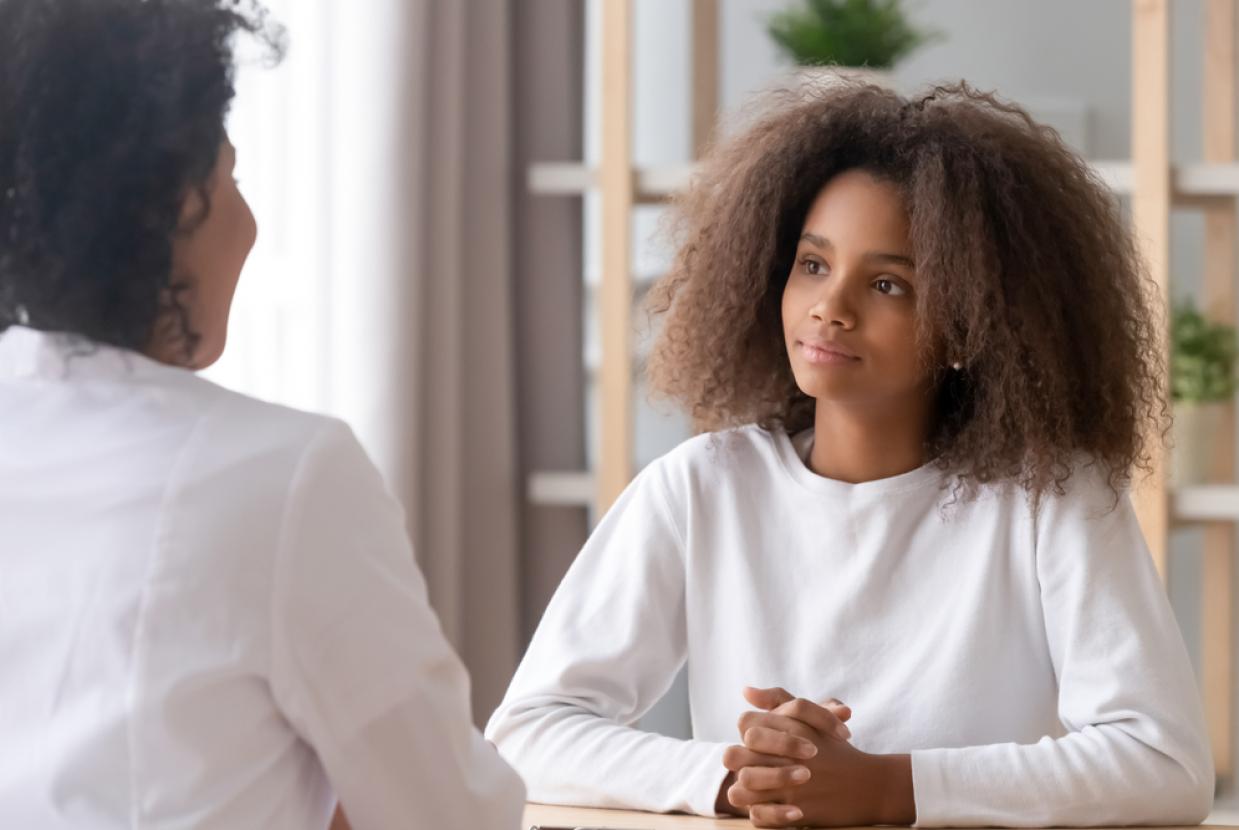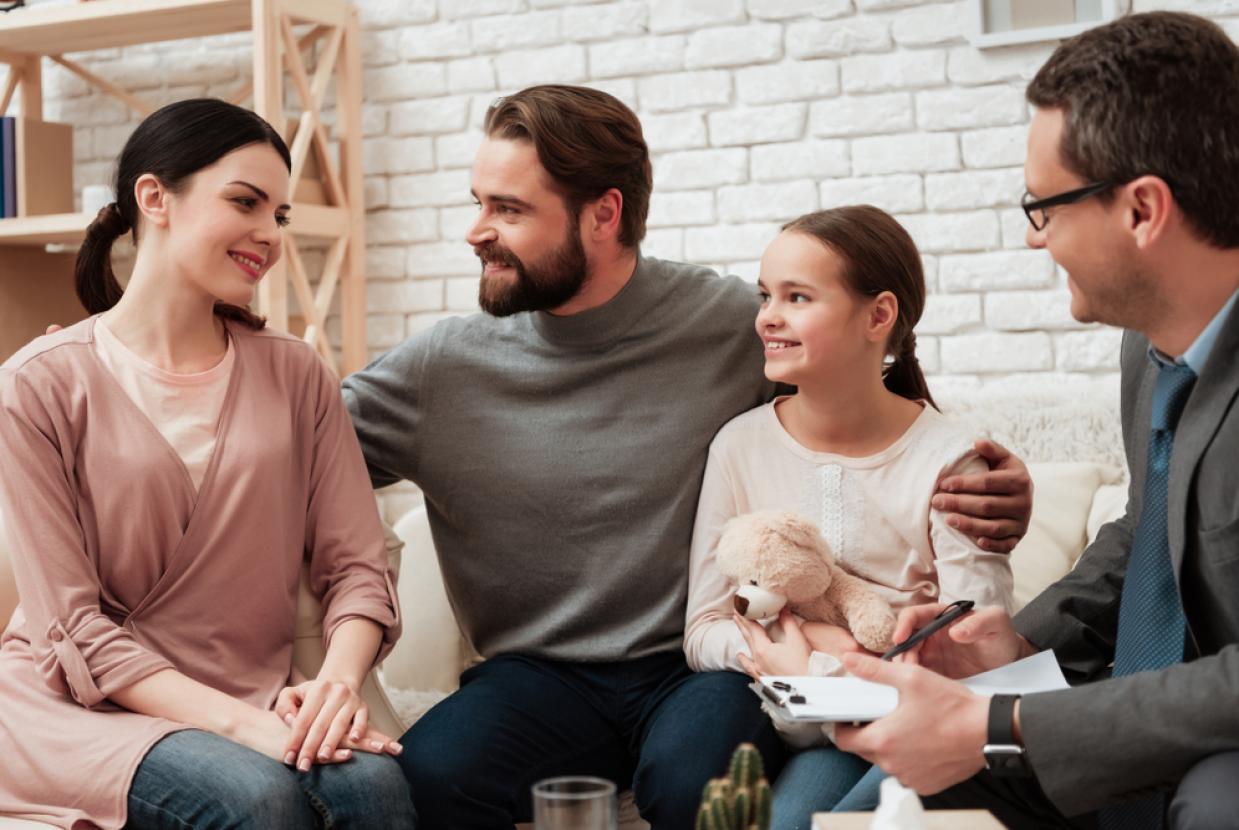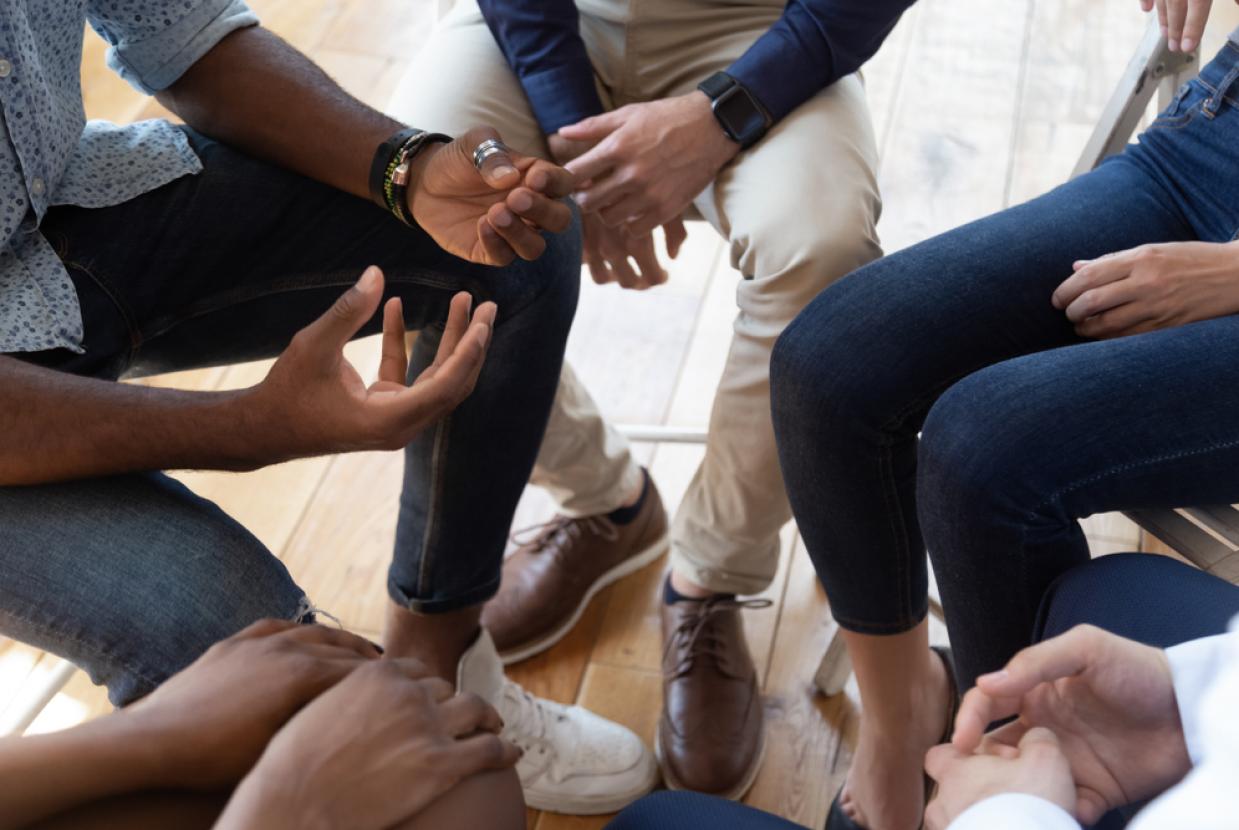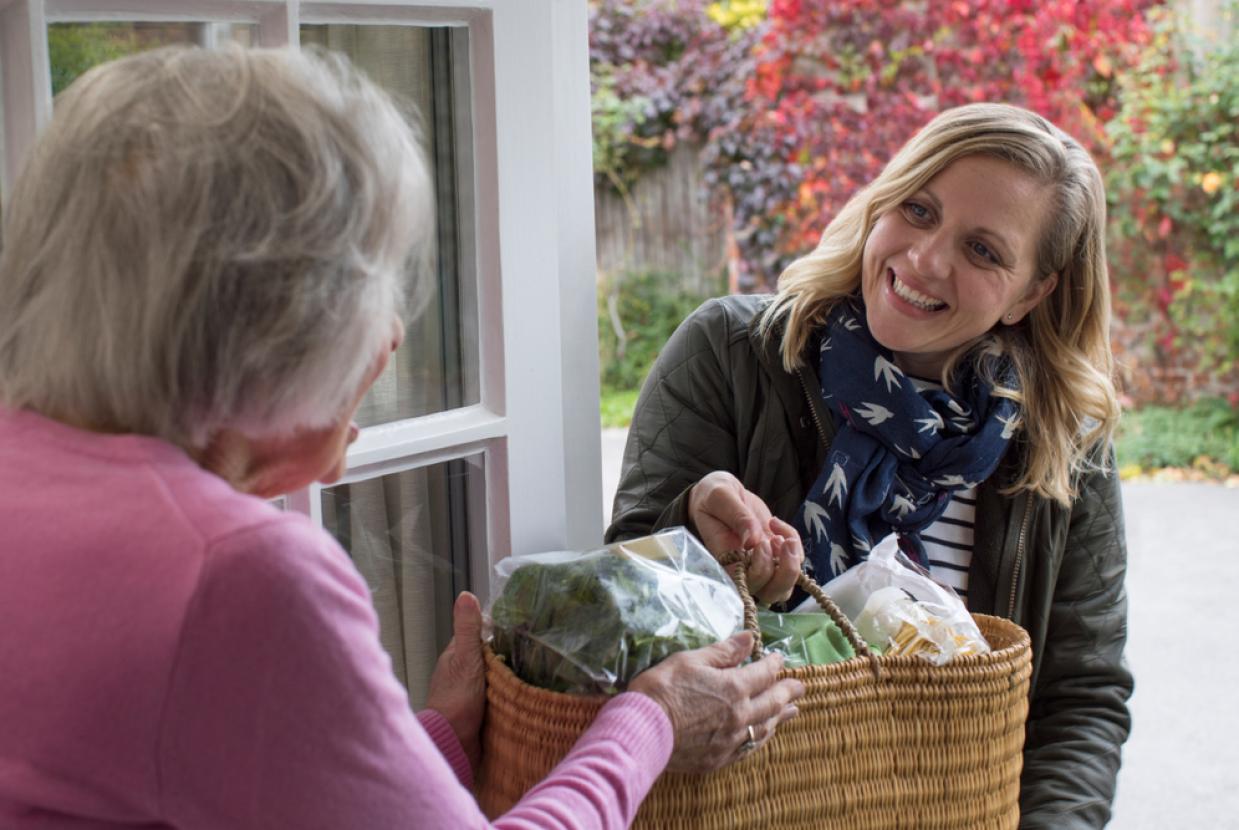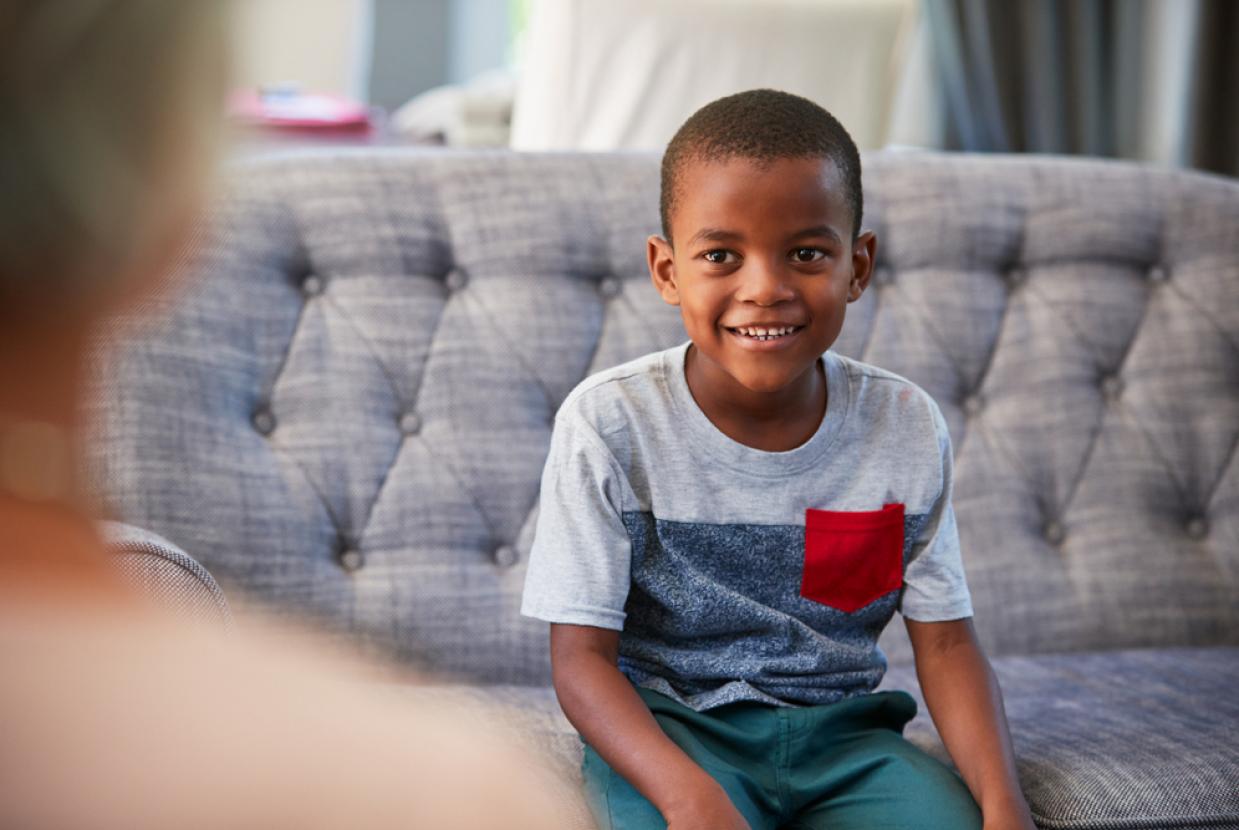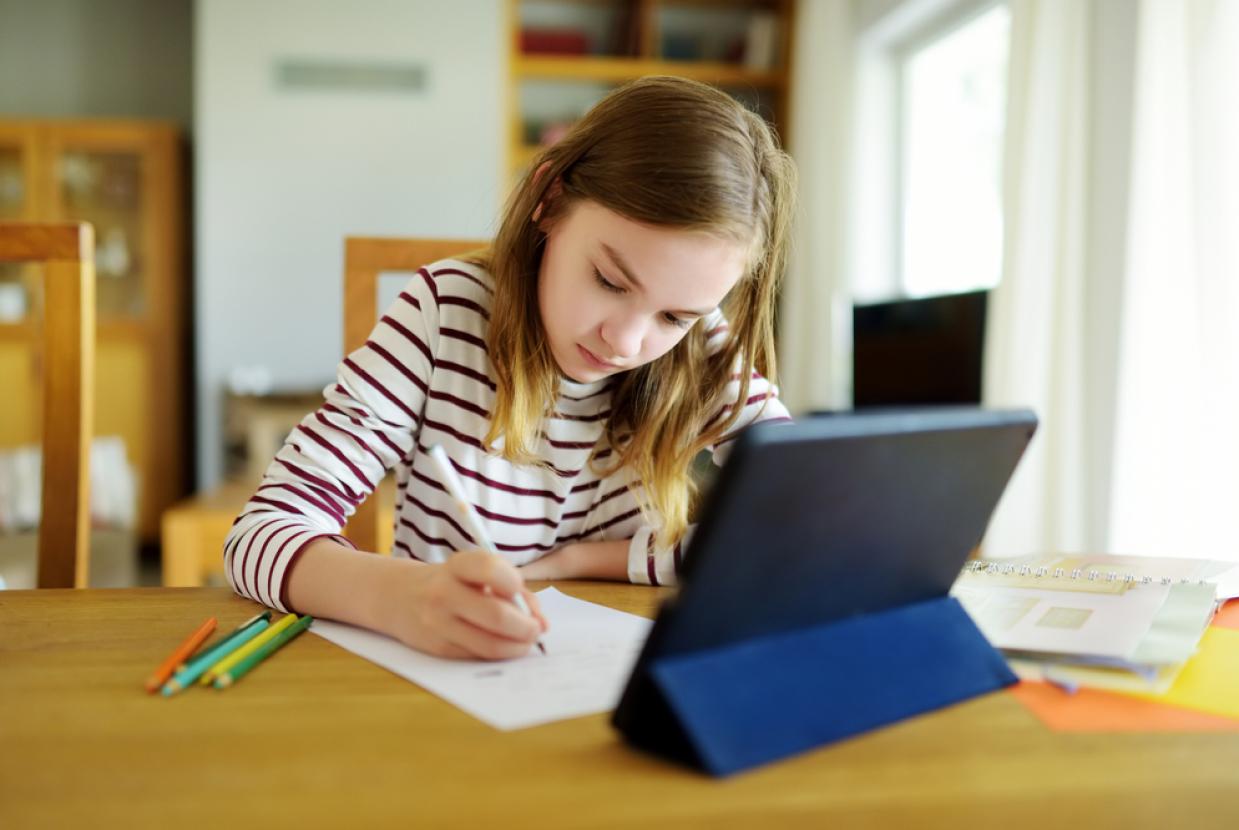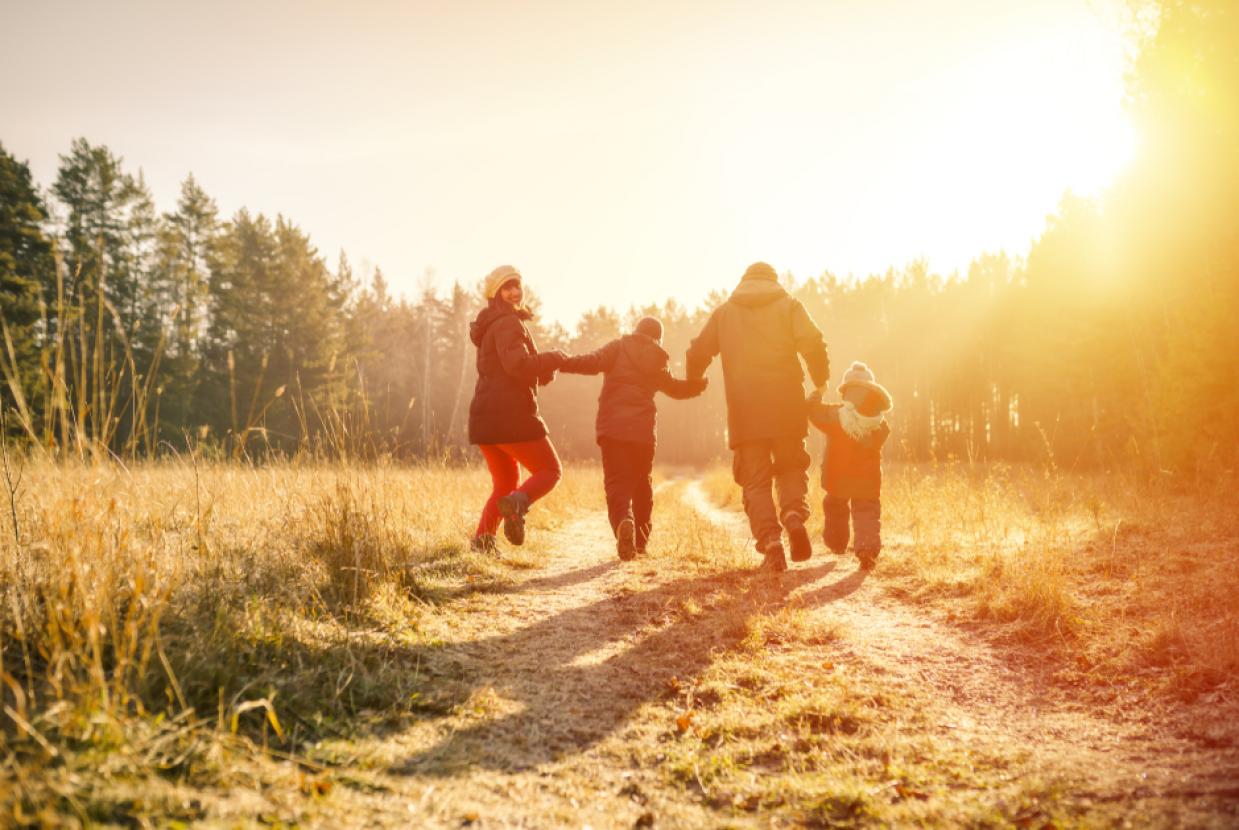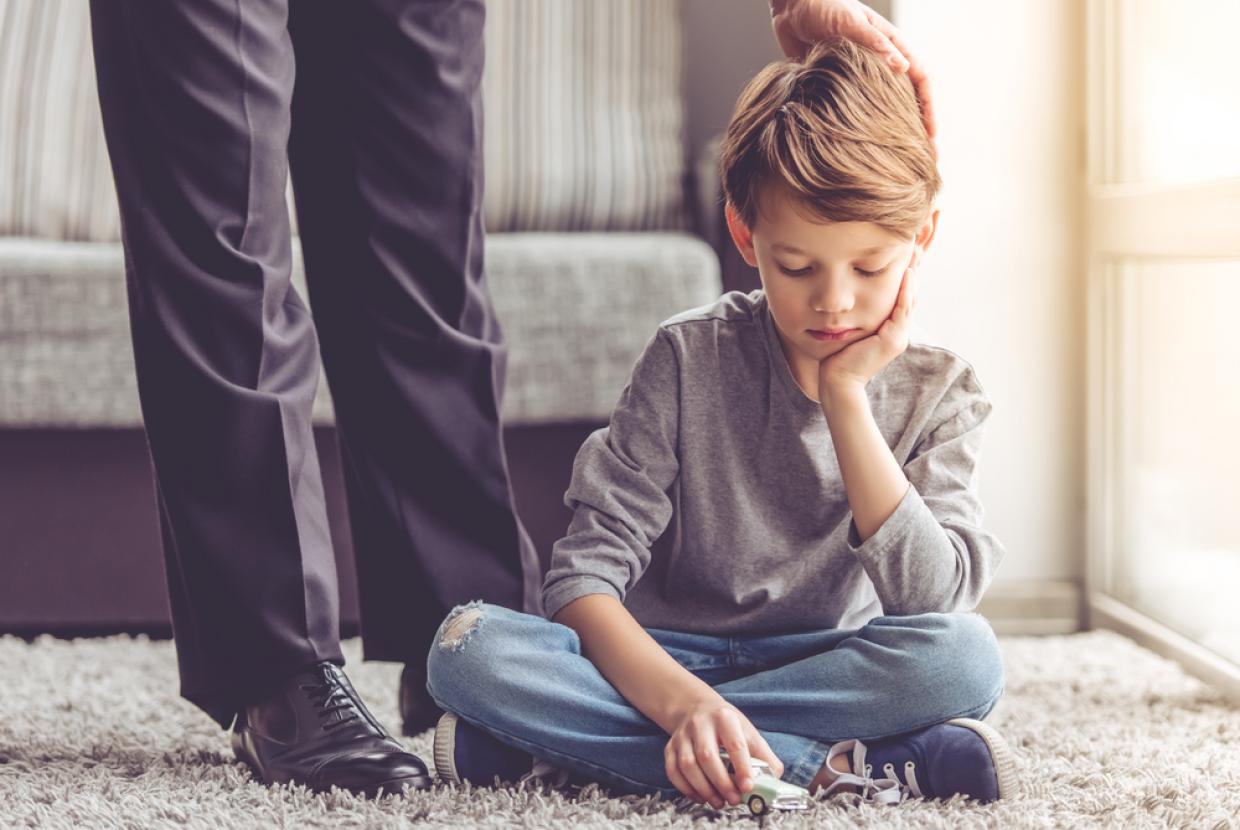How to stay safe on the school run through the pandemic
Family HealthThinking about how you will get your children to and from school safely as schools re-open and we slowly transition out lockdown? Cycling, walking or scooting could be the answer. We’ve put together some tips for parents and guardians on how to enjoy a safe and active school run.
Many families have been enjoying walking, running, scooting and cycling as part of their daily exercise throughout the pandemic.
And it’s a great opportunity for us to keep this going as schools re-open and we slowly transition out of lockdown. But where do you start?
Surveys carried out as part of our Active Journeys programme in Wales show that pupils would prefer to travel actively if they were given the choice.
We found that over one-third of pupils want to cycle to school and a massive majority are positive about travelling actively.
Many parents will continue to work from home during the pandemic. Meaning time schedules are a little more relaxed. This is a great opportunity to give active travel a try.
Benefits of active travel
- Children enjoy being active. They arrive at school fresh and ready to learn.
- The streets around the school are safer with less congestion.
- It’s healthy for us all. And it’s also good for the planet as it doesn’t create air pollution around the school.
- It gives us all a chance to chat and share things as a family. Something that's important for children's mental health as well as our own.
- Many of us have experienced how we can maintain distance from others while travelling actively.
And we've been making use of the quieter roads, even if it's just to briefly step into them to move around others. Hopefully, we can all keep travelling actively as we transition out of lockdown.
But the roads may get busier. So we've put together these handy tips so we can all safely walking, cycle, wheel or scoot the school run.
Advice for social distancing on your journey to school
Here are some ideas to help you feel comfortable travelling actively to school.
- Give yourself a bit more time in the morning - feeling more relaxed about time allows you to be more aware and take precautions when necessary.
- If the school gates are busy when you arrive, you can hang back and wait - this makes it easier to manage limited space on the roads and paths around the school.
- Change up your route - this can be more interesting and pleasant, especially if you can stay away from busy roads. Try and find the route less travelled.
- Stop and wait for people to pass - look for wider areas of the path, for example at junctions and feel confident about using other people’s driveways so people can pass. And don't forget to say hello!
- Slow down - remind children about slowing, stopping and giving space, especially if they are scooting and cycling. They might make mistakes, but try not to get angry, just remind them that it’s really important right now.
- Look and listen - if you do have to step in the road to pass people, reinforce looking and listening with your family. Looking and listening is how we understand the world around us, so the more looking and listening we do by the roads the better decisions we make.
- Give older kids a bit more responsibility - try and give older children responsibility for getting themselves to and from school. You might prefer to arrange to meet them near the school (outside the library or a shop). This helps their road confidence and reduces the number of people around the school.
What you can do
If you live too far away to travel actively or don’t feel it is possible for you, why not try to park and stride?
Ideally use an off-street car park, perhaps 5-10 minutes away from school. That way, your children still get the benefits of active travel.
Talk to your headteacher if you think the footpaths are not wide enough, talk to the school’s headteacher and your local authority.
Many local authorities have an online resource where you can report problems directly to their Highways team.
It may be possible to reallocate road or parking bay space as has happened elsewhere in the country.
There may be opportunities to widen footpaths, try pop-up cycle lanes and close the roads around schools to traffic during drop-off and pick-up times. It is your ideas that make it happen!


